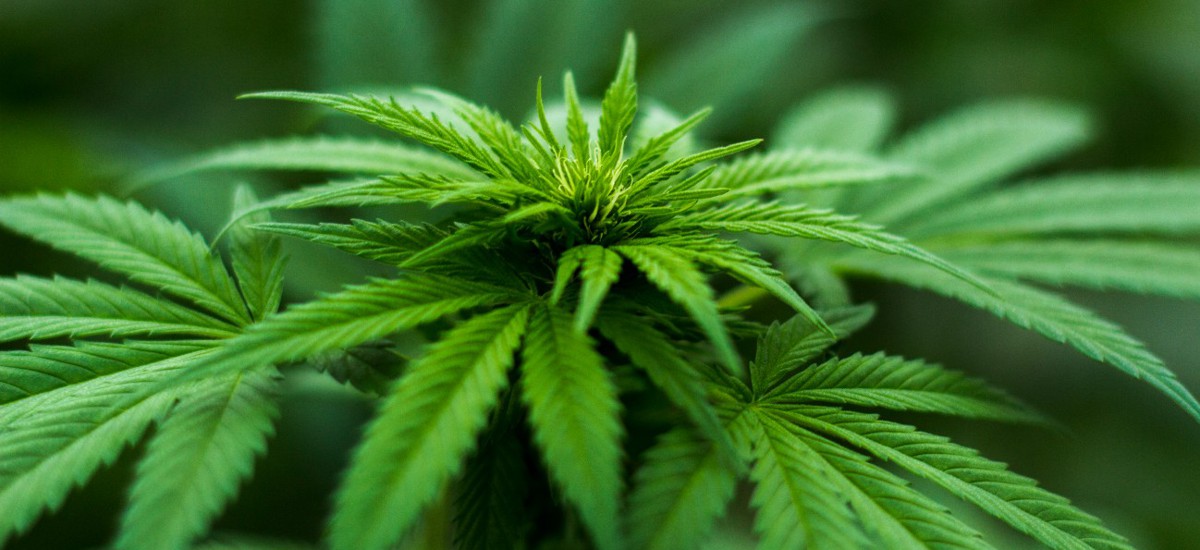Medical Cannabis: Understanding the Benefits, Uses, and Safety of Konopia Medyczna

Medical cannabis, or “konopia medyczna” in Polish, has gained significant attention in recent years due to its potential therapeutic properties. With applications ranging from pain relief to anxiety management, medical cannabis provides a natural alternative for people with chronic conditions. This article will guide you through the basics of medical cannabis, its main uses, benefits, and considerations for safe consumption.
What is Medical Cannabis?
Medical cannabis refers to the use of the cannabis plant or its extracts for treating health issues. The plant contains active compounds called cannabinoids – most notably THC (tetrahydrocannabinol) and CBD (cannabidiol). While THC is known for its psychoactive effects, CBD is valued for its non-intoxicating therapeutic benefits. Each cannabinoid interacts differently with the body, which is why different strains and formulations are chosen based on specific medical needs.
Key Therapeutic Uses of Konopia Medyczna
1. Chronic Pain Relief
One of the primary uses of medical cannabis is for pain management. Many people with chronic pain, such as arthritis, multiple sclerosis, and fibromyalgia, find relief with cannabis, especially in cases where conventional treatments are not effective. Cannabis interacts with the body’s endocannabinoid system to reduce pain sensations, making it an option for those seeking long-term pain relief.
2. Alleviating Anxiety and Depression
Medical cannabis, especially high-CBD strains, may help reduce anxiety and improve mood. While THC may increase anxiety for some individuals, CBD is known for its calming properties, which can relieve symptoms of anxiety and even help with depression. It’s important to work with a healthcare professional to ensure the right dosage and strain for managing mental health conditions.
3. Nausea and Appetite Stimulation
For patients undergoing treatments like chemotherapy, nausea and a lack of appetite are common side effects. Medical cannabis can be beneficial in these situations by controlling nausea and encouraging a healthy appetite. This benefit is especially helpful for people with cancer or other chronic conditions that affect their ability to eat and maintain weight.
4. Seizure Disorders
Certain types of epilepsy, such as Dravet syndrome, can be resistant to standard treatment. Medical cannabis, particularly CBD, has shown promising results in reducing the frequency and intensity of seizures. CBD-based treatments have gained approval in many countries as a viable option for managing seizure disorders.
5. Sleep Aid for Insomnia
For those struggling with sleep disorders, medical cannabis may provide a natural alternative to traditional sleep aids. Strains with a balanced mix of THC and CBD may help people fall asleep faster and achieve a deeper, more restful sleep, especially for individuals dealing with insomnia or disrupted sleep patterns.
Benefits of Using Medical Cannabis
Natural Alternative to Prescription Medications
Medical cannabis is increasingly seen as a safer, natural alternative to many prescription medications, especially for conditions like chronic pain and insomnia. By reducing reliance on pharmaceuticals, patients may experience fewer side effects and a reduced risk of dependency.
Reduced Risk of Opioid Dependence
In cases where opioids are traditionally prescribed, medical cannabis may offer a safer solution for managing pain. Unlike opioids, cannabis has a much lower risk of addiction and overdose, which has made it a popular option for patients seeking safer pain management options.
Improved Quality of Life
Medical cannabis can improve the daily lives of people with chronic conditions, offering them greater comfort, reduced pain, and enhanced mental well-being. The ability to manage symptoms effectively can help individuals maintain their independence, stay active, and enjoy a higher quality of life.
Safe Use of Medical Cannabis
Consulting a Healthcare Professional
For safe and effective use, it’s essential to consult a healthcare provider before starting medical cannabis. They can guide patients on the correct dosage, strain, and form based on their individual health needs and monitor any potential interactions with other medications.
Starting with Low Dosages
Starting with a low dose of cannabis allows the body to adapt to its effects and minimizes the risk of adverse reactions. Patients can gradually increase their dosage as needed, ensuring a safer and more comfortable experience.
Choosing the Right Method of Consumption
Medical cannabis is available in various forms, including oils, capsules, vaporizers, and edibles. Each method has a different onset time and duration, which affects how long the effects last. For example, vaporized cannabis has a quicker onset but a shorter duration, while edibles may take longer to take effect but last longer. Consulting a medical professional can help determine the best method for each patient.
Monitoring Side Effects
While medical cannabis is generally well-tolerated, it can cause mild side effects such as dry mouth, dizziness, or fatigue. Patients should pay attention to how their body reacts, adjusting the dosage as needed, and consulting their healthcare provider if they experience significant side effects.
Frequently Asked Questions About Medical Cannabis
Is Medical Cannabis Legal?
The legal status of medical cannabis varies by country and even by region within certain countries. In Poland, for example, medical cannabis is legal with a prescription, but it must be purchased from approved pharmacies. Patients should check local laws and regulations before seeking medical cannabis.
Can You Develop a Tolerance?
Yes, regular use of medical cannabis can lead to tolerance, where a patient may need higher doses to achieve the same effects. Taking “tolerance breaks,” where the use of cannabis is paused for a short time, can help reset the body’s response and restore effectiveness at lower doses.
What Are the Risks of Long-Term Use?
Long-term cannabis use, especially at high doses, can lead to dependency and, in some cases, psychological effects. Patients should follow prescribed dosages, discuss long-term use with their healthcare provider, and avoid increasing doses without guidance.
Conclusion
Medical cannabis, or konopia medyczna, offers a promising natural remedy for a range of medical conditions, including chronic pain, anxiety, and sleep disorders. By working with healthcare professionals and using cannabis responsibly, patients can experience relief from their symptoms and improve their overall quality of life. As research continues, medical cannabis may become an even more integral part of the treatment landscape for chronic health issues, providing individuals with a safer, more holistic approach to wellness.
4o







